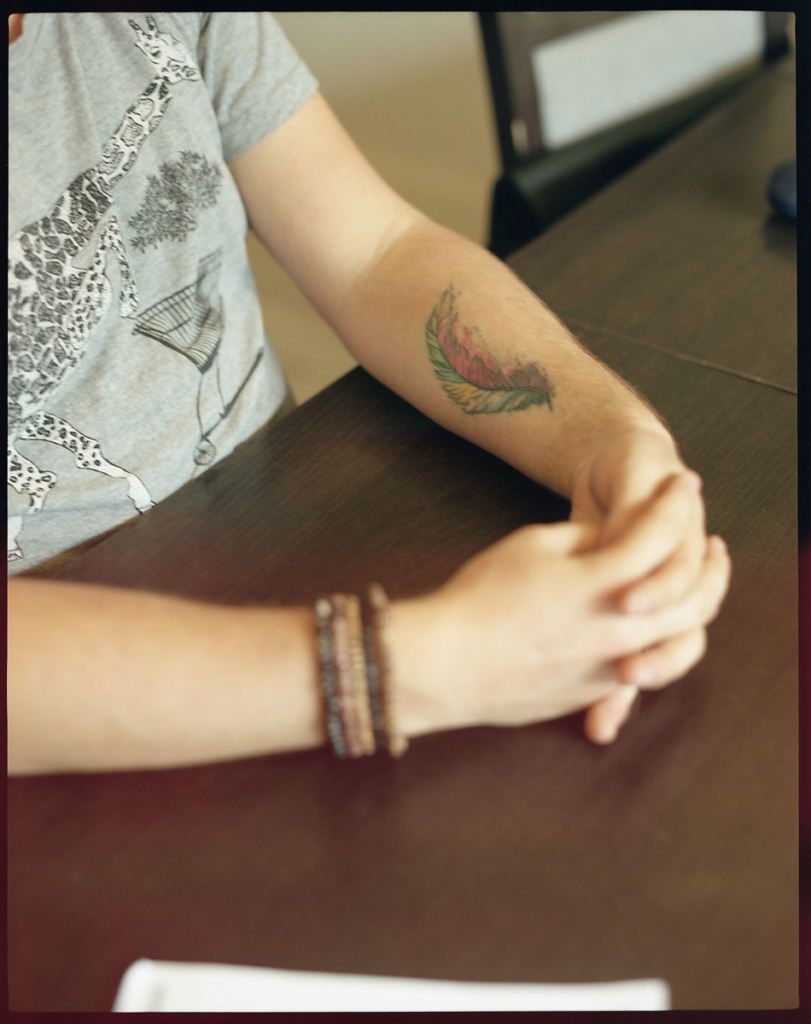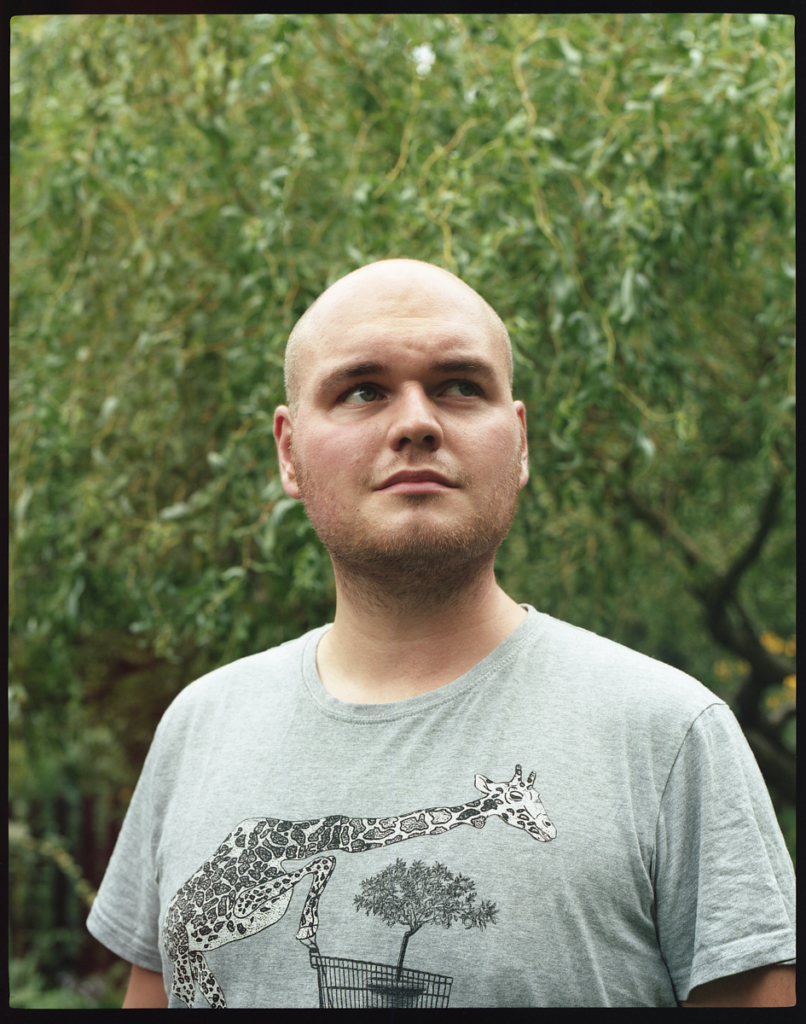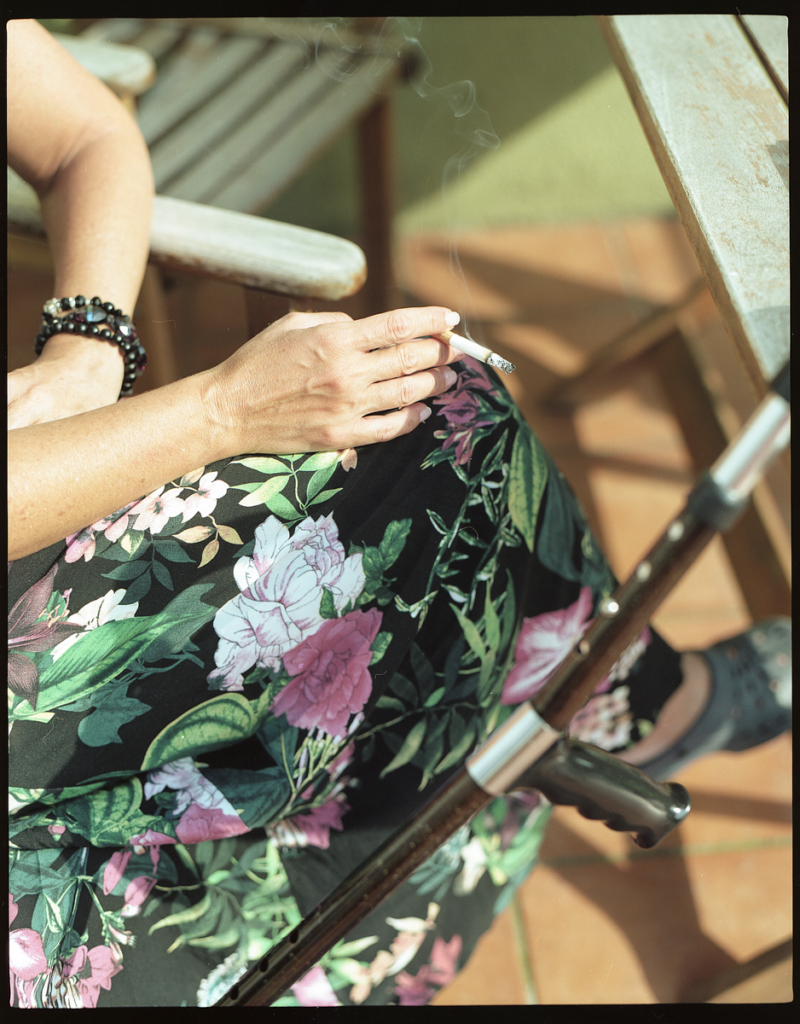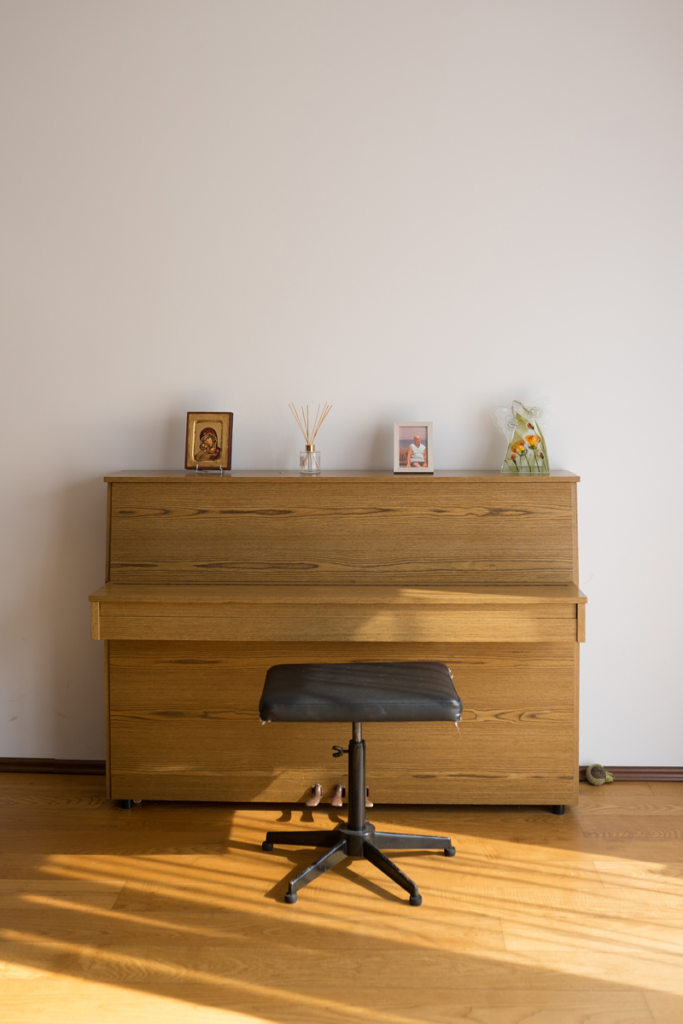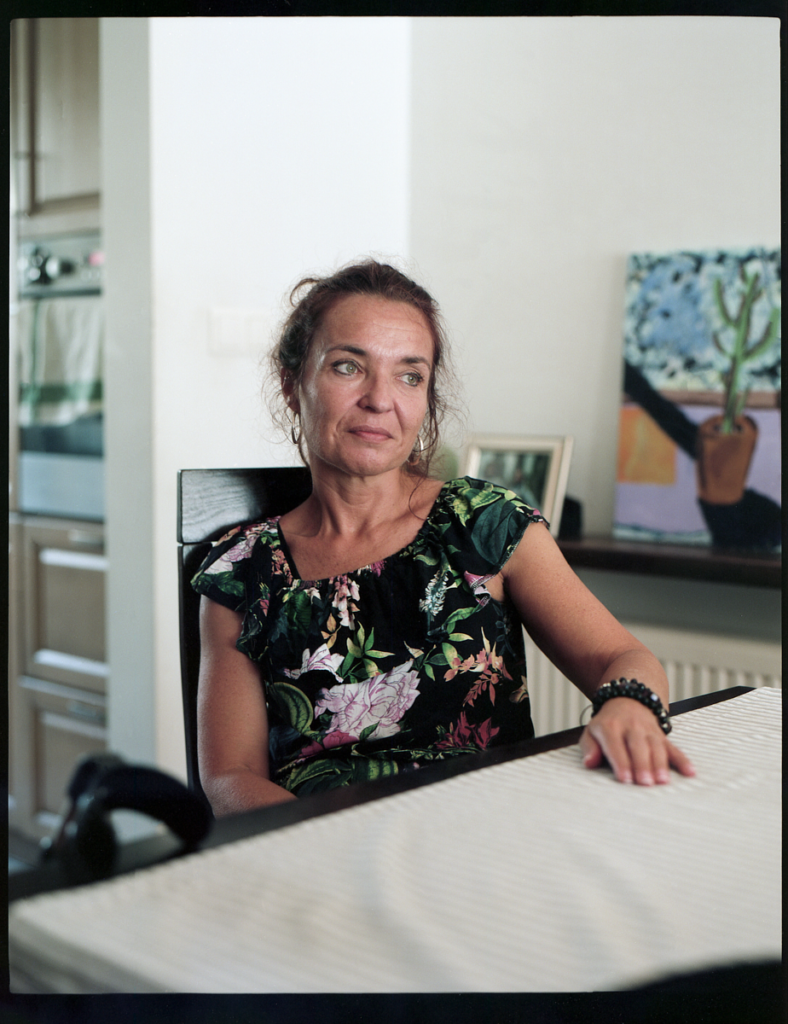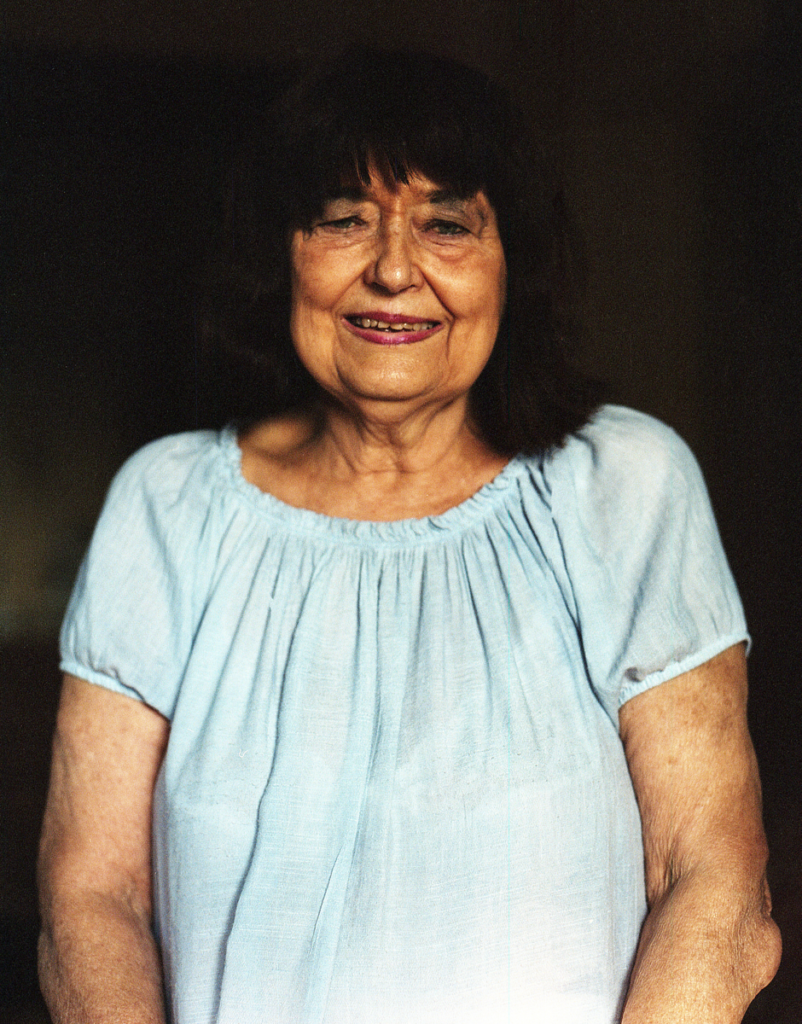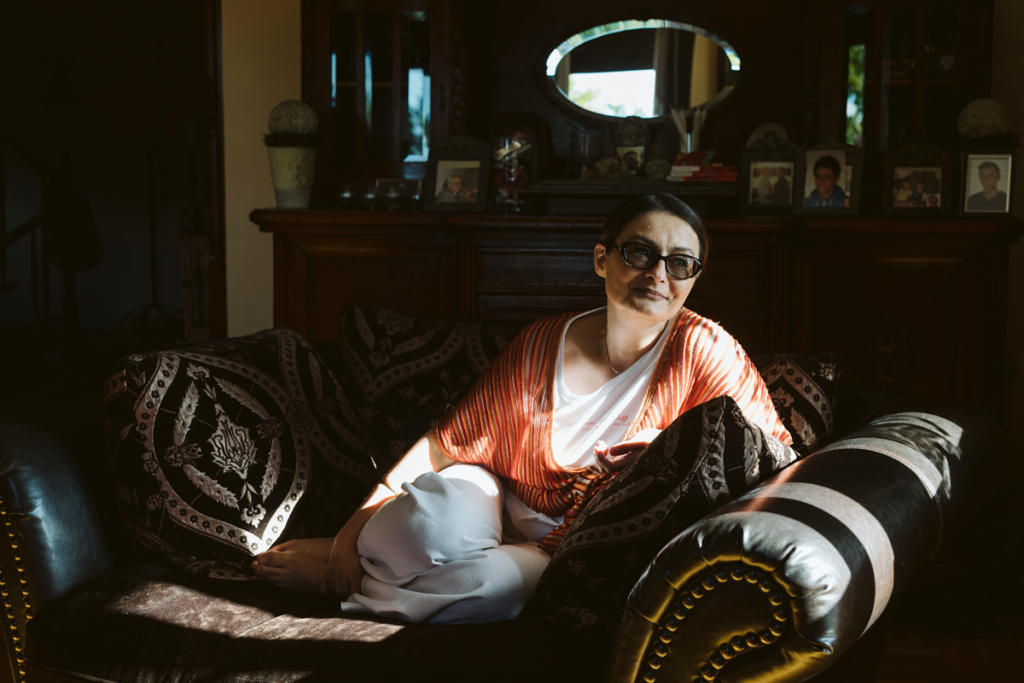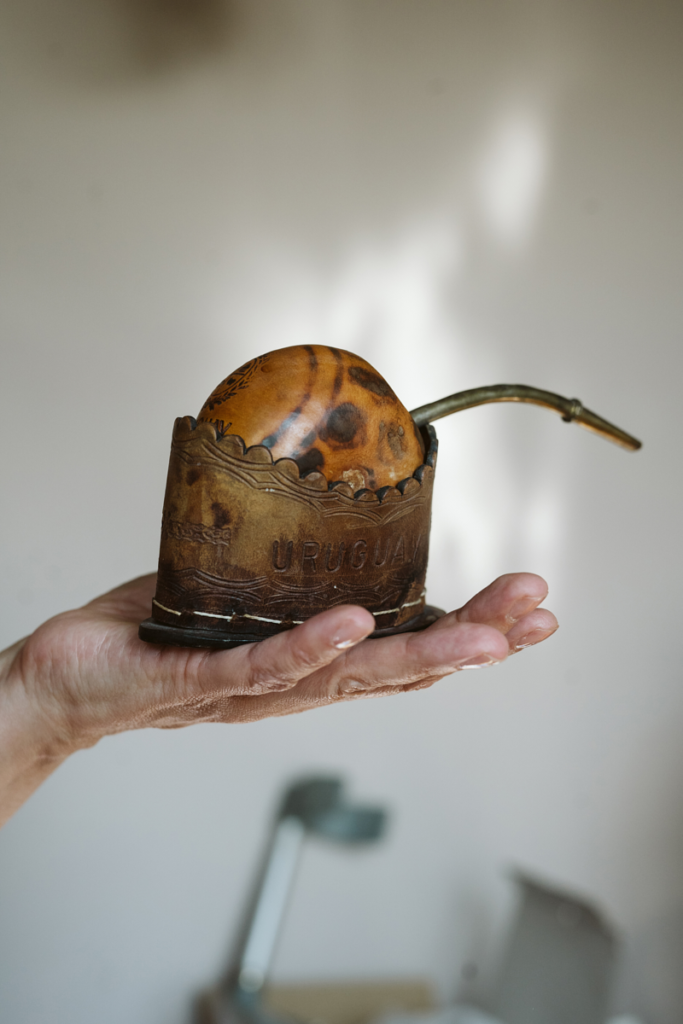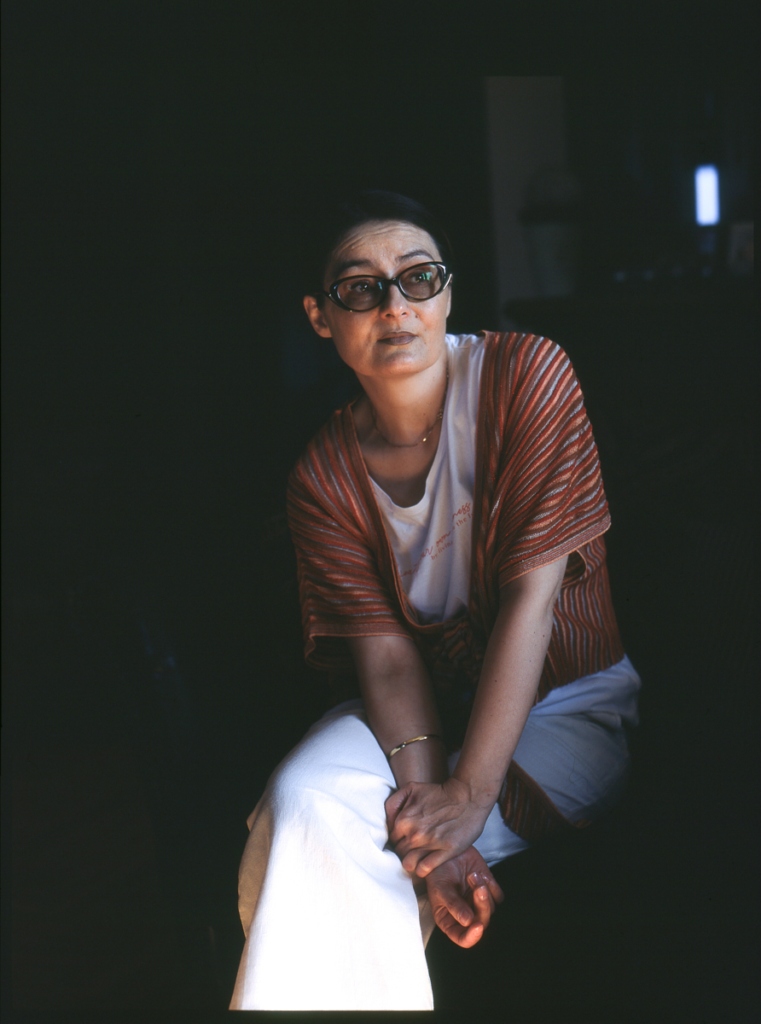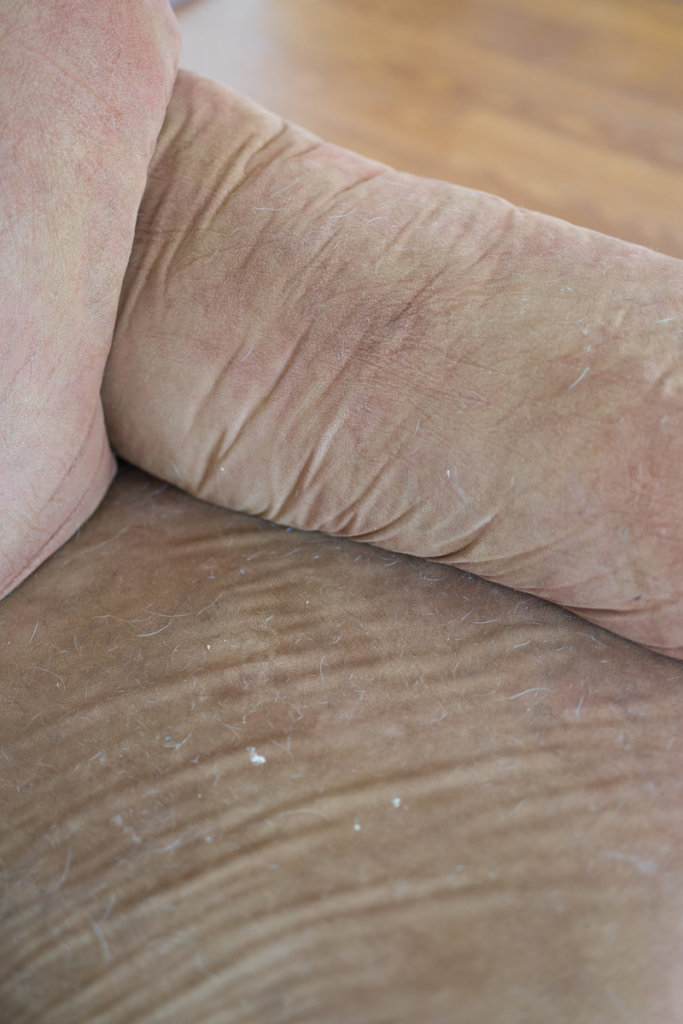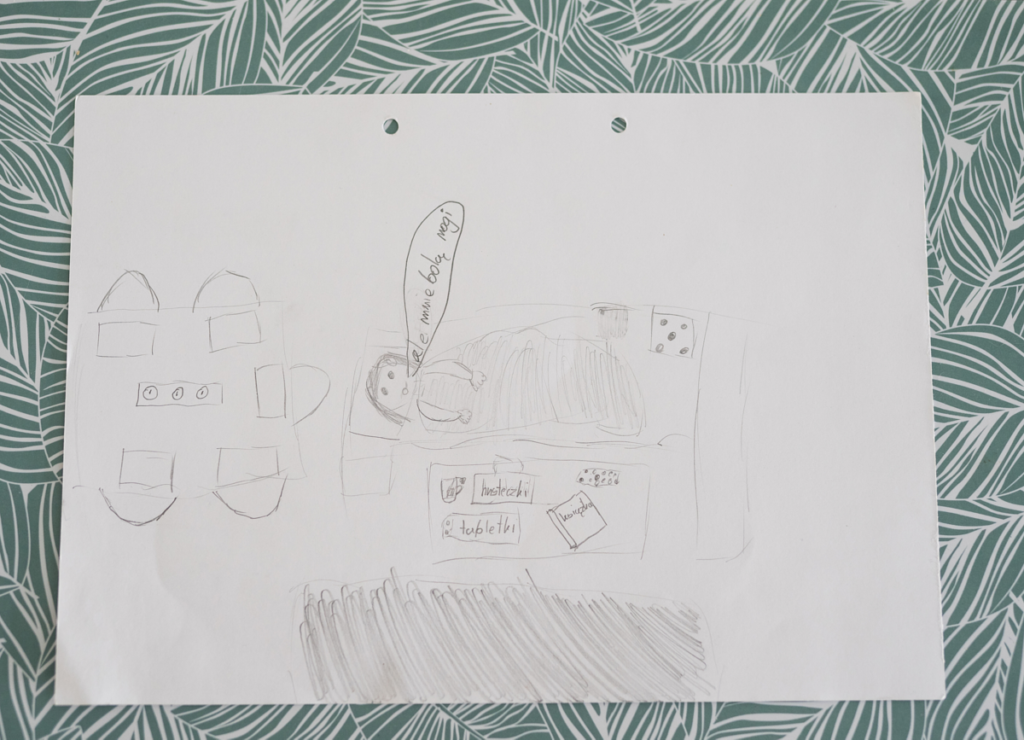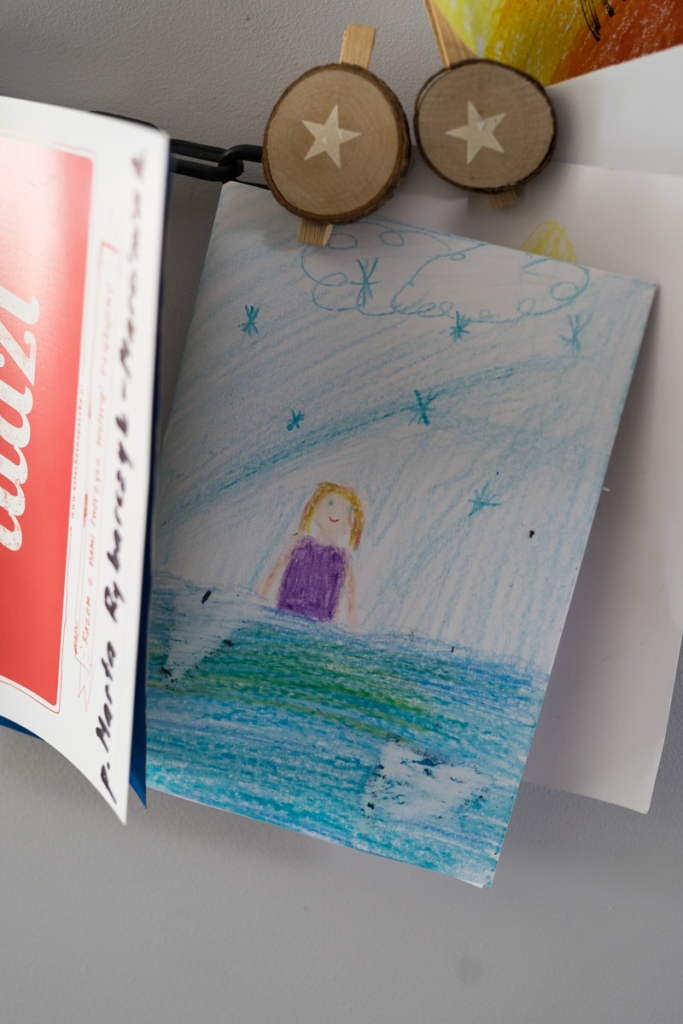Can't see
There’s a childhood game where you have to quickly hide. To run off somewhere, to find a place where no one can see you. Younger children often think that simply covering their eyes is enough to disappear. It takes time to realize that it doesn’t work that easily.
Someone else, apparently, needed to see to believe. But it’s not always like that. Sometimes, things are simply not visible, and you don’t have to explore them personally to acknowledge that celestial bodies exist in space, even though you can’t see them with the naked eye.
There’s a disease that, in many cases, is invisible, though it is deeply felt. You carry it like a backpack, where you’ve stashed away a precious wallet or the glasses without which you can’t see the world properly. Over time, one gets used to it, but never really forgets. About the fatigue that comes out of nowhere, about legs that drag as if it’s the first of September, the school is far away, and less fun than the summer escapades by the lake. Sometimes the legs trip up, sometimes the vision literally shuts down, the head hurts, the steps become unsteady—like someone tipsy. And inside, different pains stage their own races… And in truth, all this is visible on the outside, but when I smile, sit down, and joke like a healthy guy, it seems like nothing’s wrong.
Illness is usually borne in silence. For many, talking about the struggles of being ill is akin to a “coming out.” Some people admit to having multiple sclerosis with shame—we are supposed to be perfect, so strong, and nothing about us should show signs of weakness. Why feel sorry for oneself?
I’ve met with a dozen or so people with MS—whom I collectively called “MSers.” We had conversations about the invisibility of illness, and then Krystian returned to some of them to photograph—to show—a fragment of their world.
Listen to and see their narratives about the invisibility of multiple sclerosis. For some, it is a story about the desire to “still not have it show” (meaning the disease is so under control that there’s no visible sign of it from the outside), for others, it’s a dream of returning to invisibility (meaning the disease would retreat and allow them to leave the wheelchair), while for someone else, it’s the need to bring attention to their rare version of MS—gaining visibility is a chance to be noticed, to step out of the shadows and fight for themselves.
Regardless of the motivations and interpretations of this “invisibility,” get to know and see Grażyna, Karolina, Filip, Dominika, Anna, Marta, Szymon, and Sebastian.



